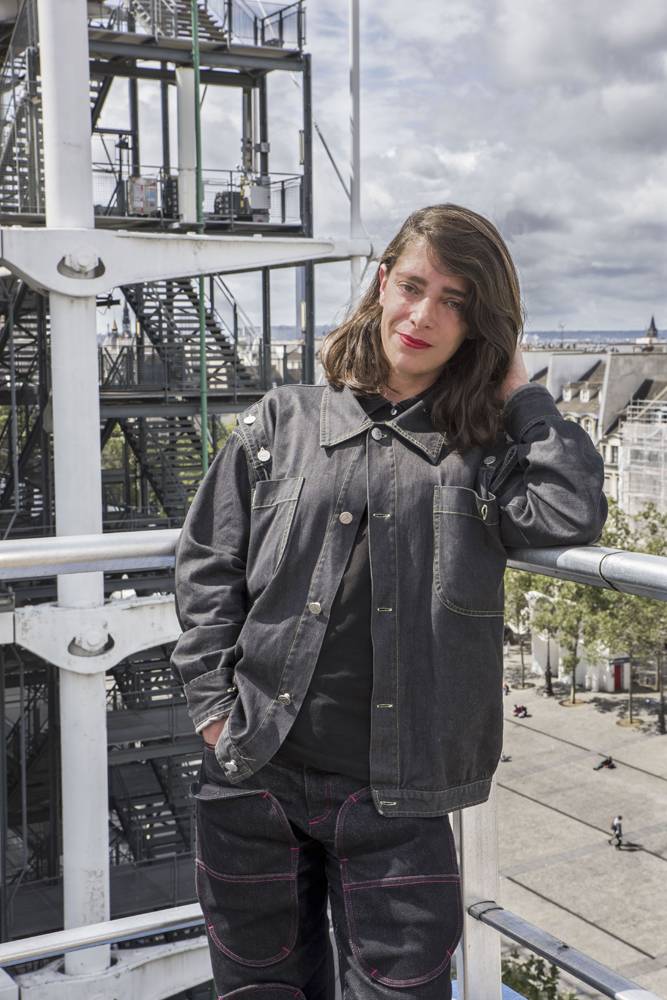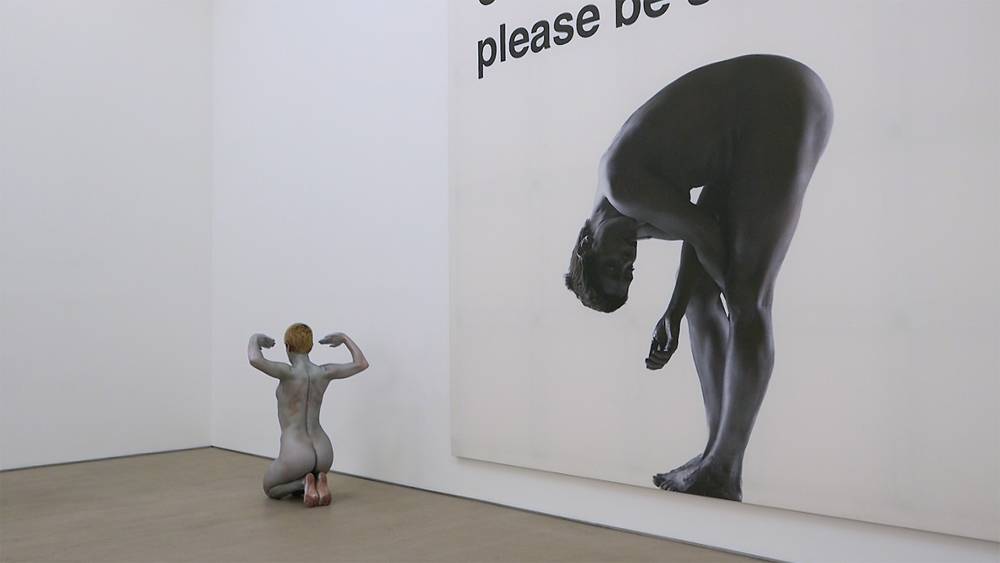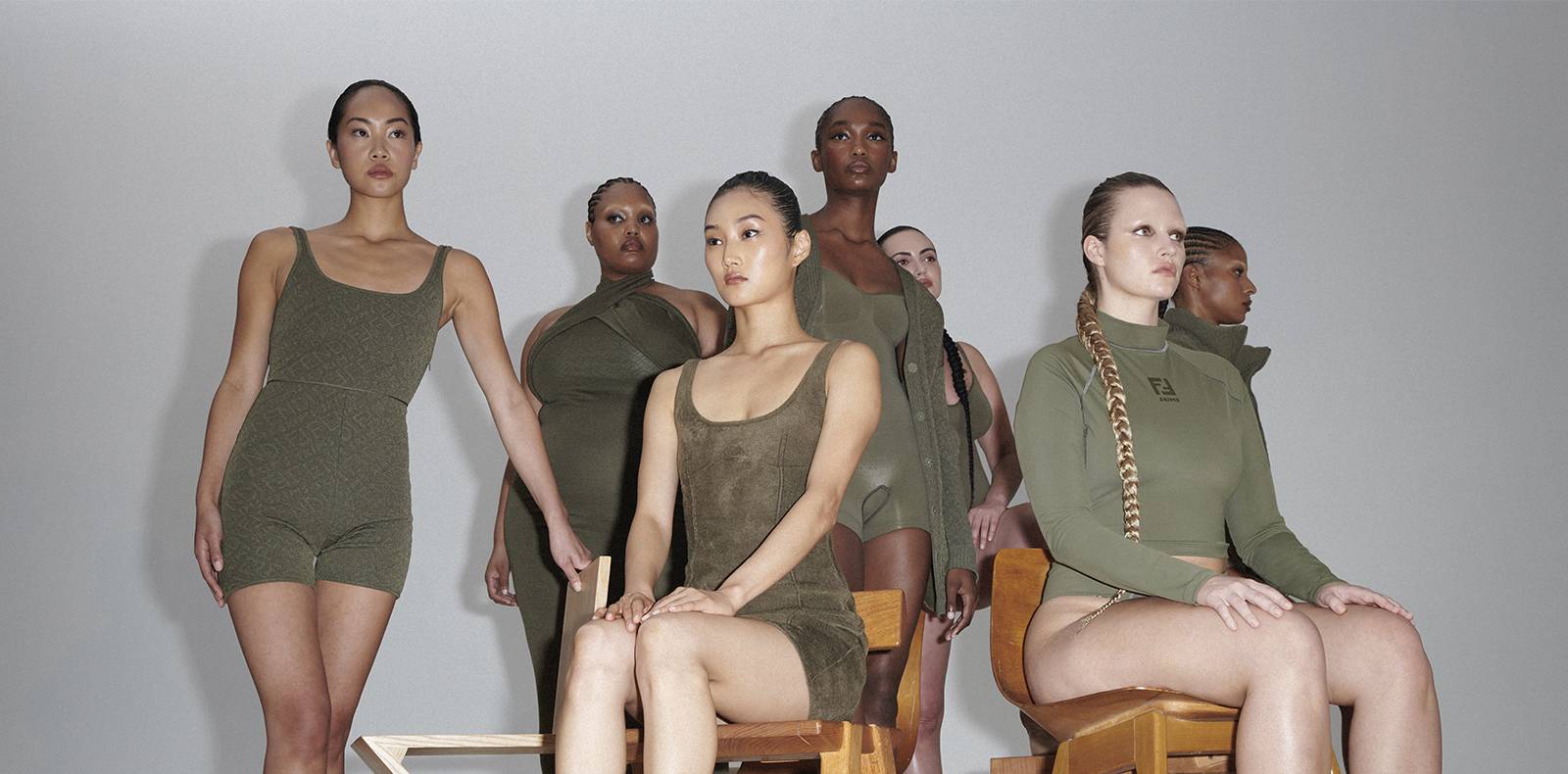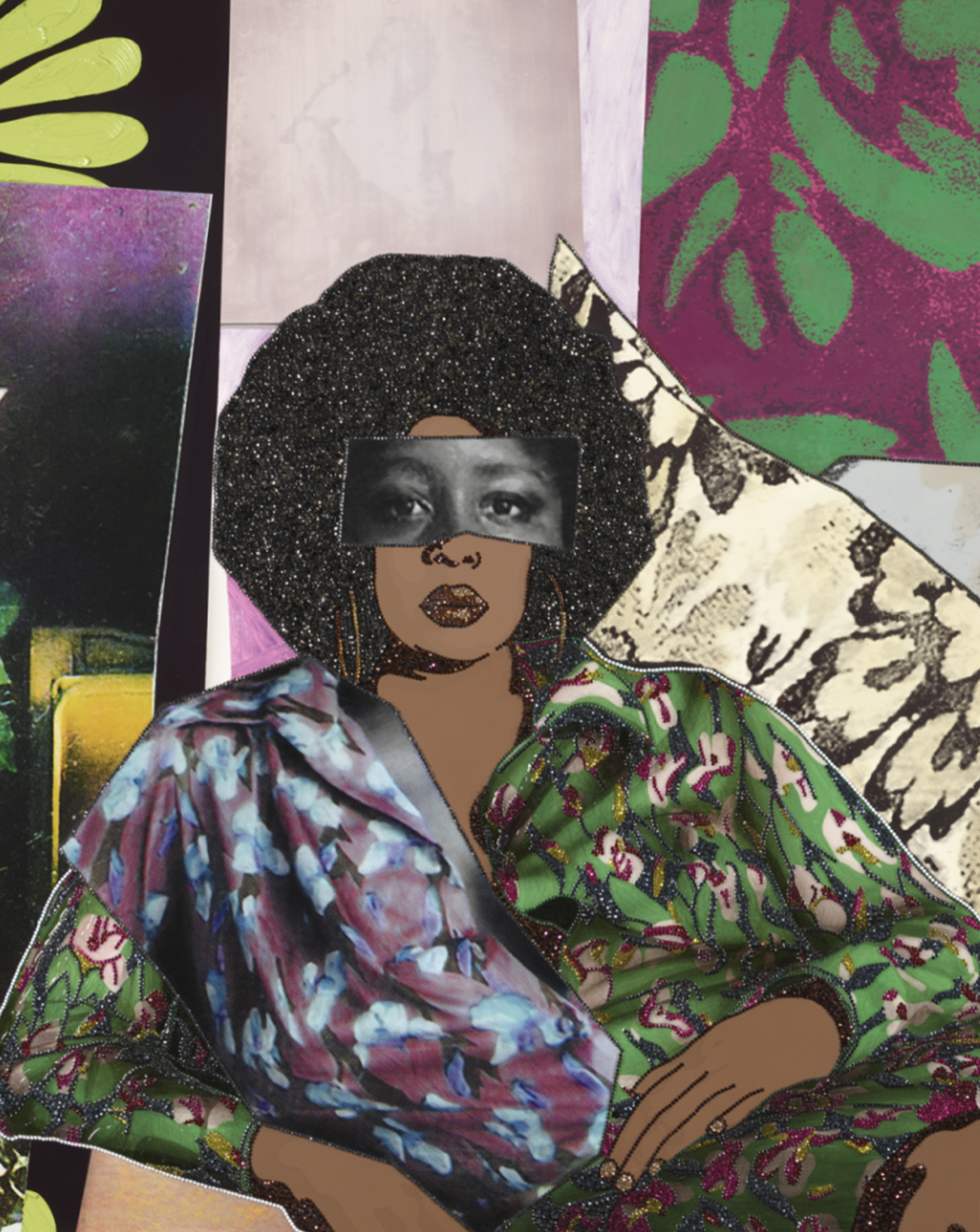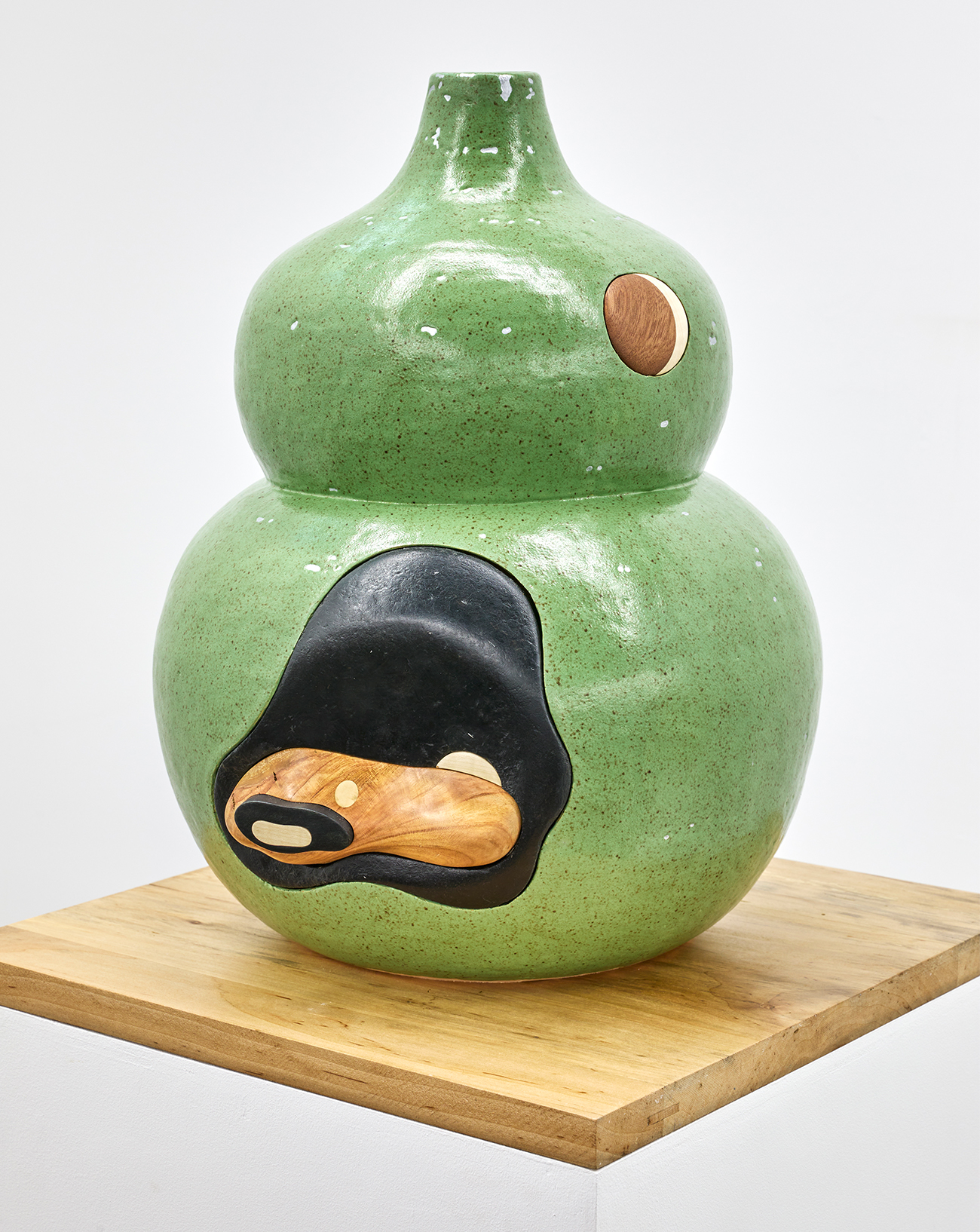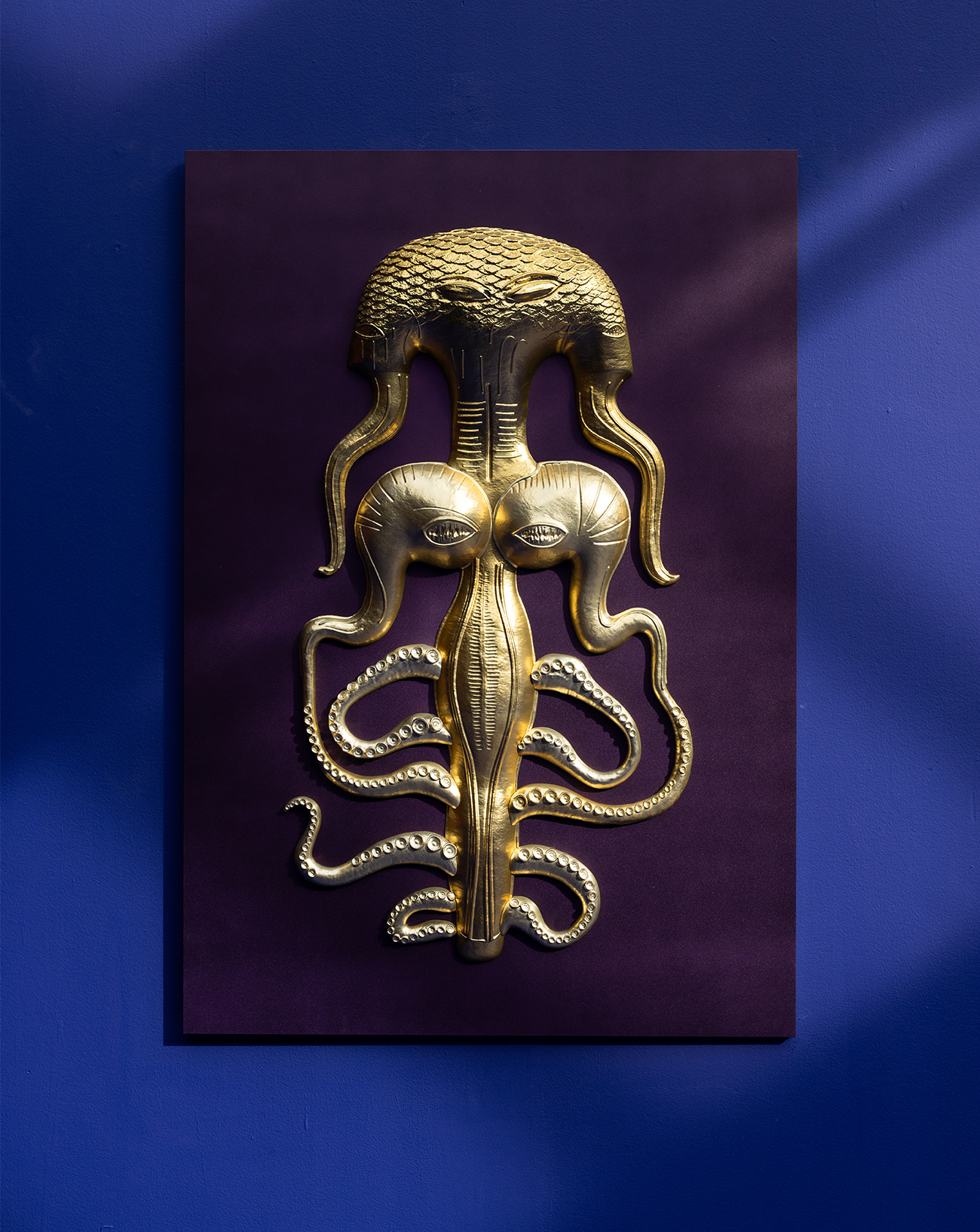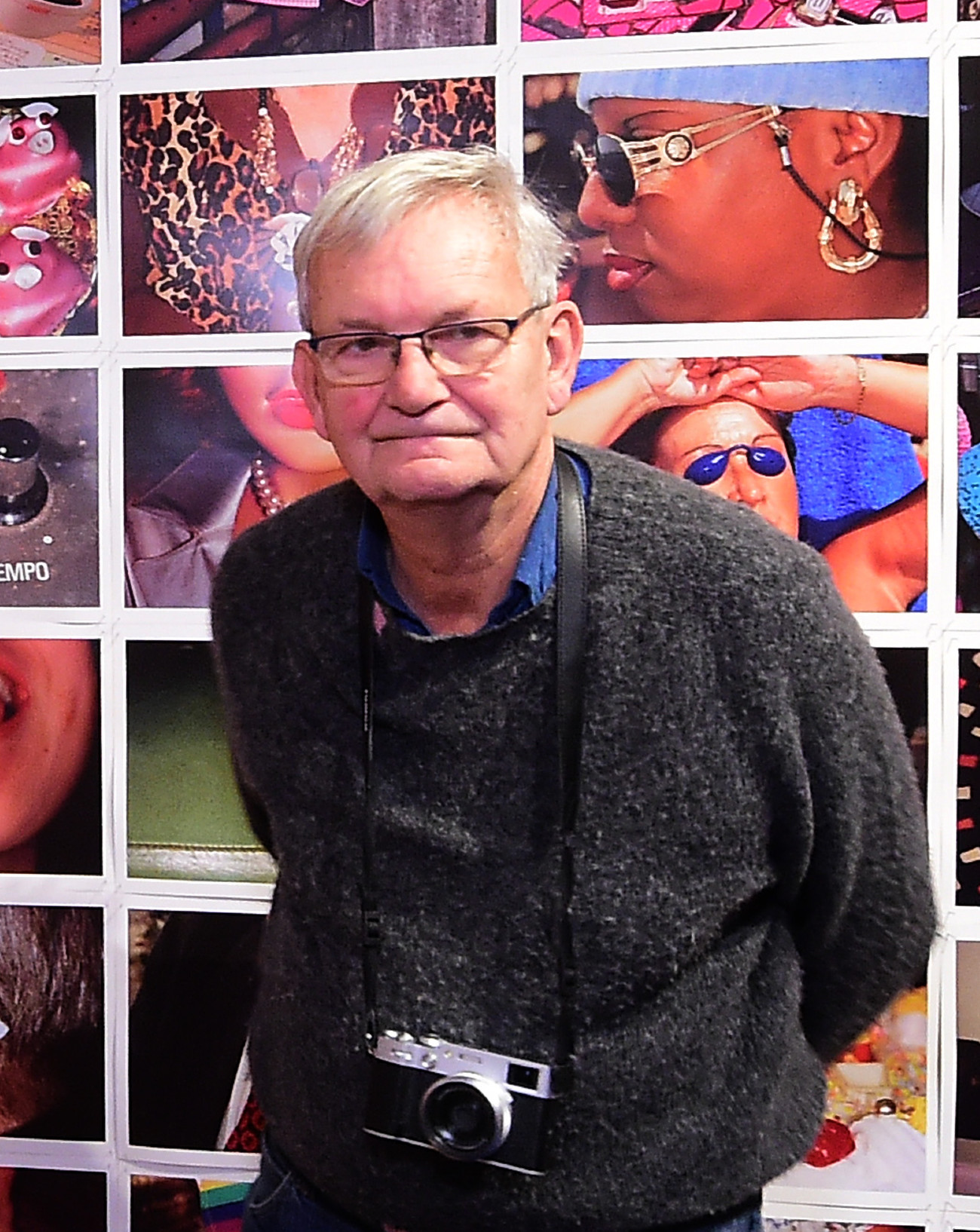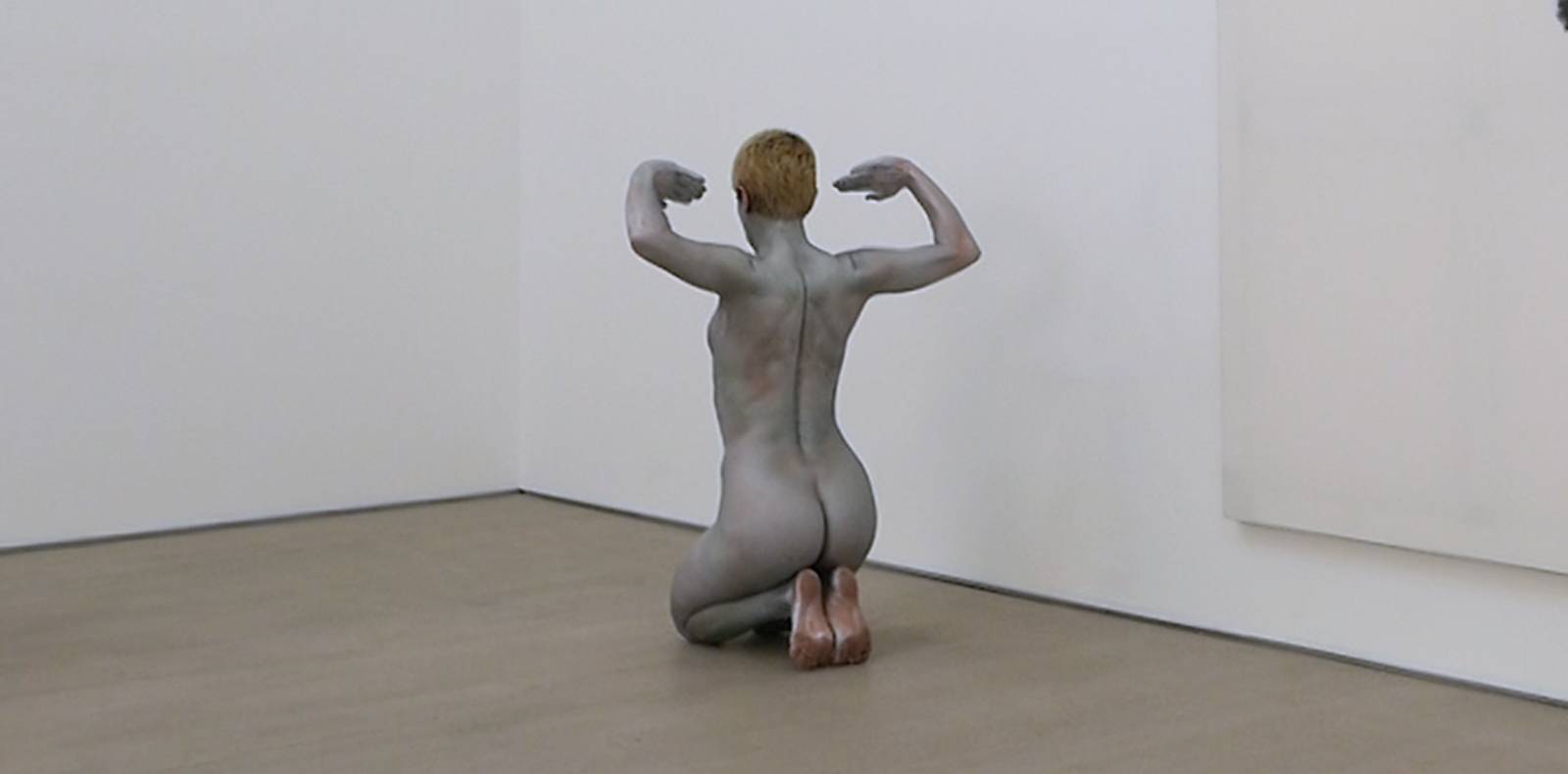
18
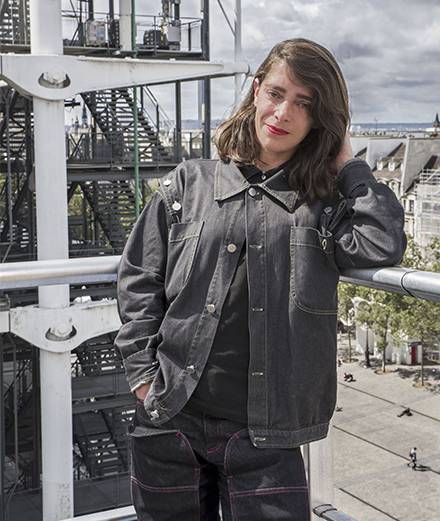
18
Lili Reynaud Dewar wins the 21st Marcel Duchamp Prize
On the evening of Monday, October 18, the ADIAF unveiled the name of the 21st artist who has won the Marcel Duchamp Prize. This year, it goes to the French Lili Reynaud Dewar for her project Rome, 1st and 2nd November 1975, an ensemble film inspired by the end of the life of Pier Paolo Pasolini. The installation can be discovered until January 2 at the Centre Pompidou, alongside the projects of the three other finalists.
Published on 18 October 2021. Updated on 10 March 2025.
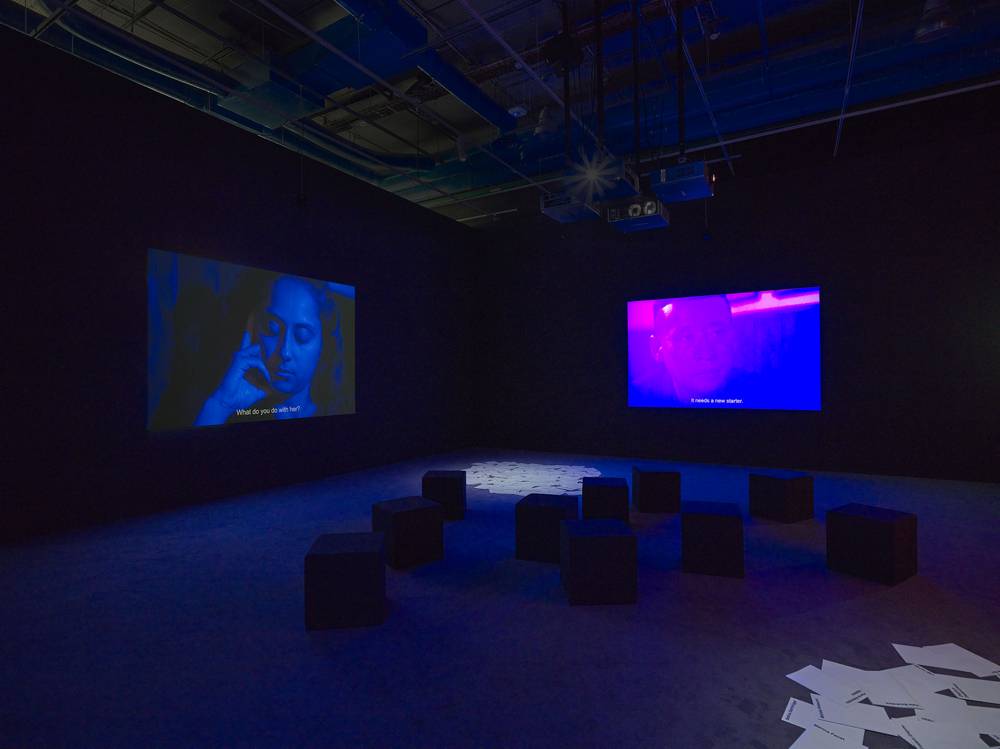
Art Week in Paris is off to a great start. Marked by the FIAC and many other art fairs (Paris Internationale, Asia Now) and through the opening of major institutional exhibitions (Georg Baselitz at the Centre Pompidou, Martin Margiela at Lafayette Anticipations), this eventful period of autumn is exceptionally enriched in 2021 – Pandemic and multiple postponements force – four of the most important prizes rewarding the talents of the French art scene, such as the Emerige Revelations Grant and the Pernod Ricard Foundation Prize. At the beginning of this week, the Marcel Duchamp Prize is leading the way. Since its creation by the ADIAF in 2000, the latter has been awarded every year to an artist from France or living in France whose plastic and visual practice is rooted in the issues of his time. After having consecrated Kapwani Kiwanga last year and Éric Baudelaire in 2019, but also earlier names such as Clément Cogitore and Dominique Gonzalez-Foerster, the international jury has just decided by awarding the prize to Lili Reynaud Dewar, nominated since January alongside the three other finalists of this edition Julien Creuzet, Isabelle Cornaro and Julian Charrière.
Holder of a degree in public law, the French artist born in 1975 was not initially destined for a career in art. However, it was able to quickly plough its furrow in this field and find its legitimacy there. Very early on, directing became central to her practice through her theatrical installations composed of sets and objects that she created herself, calling for the intervention of performers to activate them. But her love of dance, which she has practiced since her childhood, eventually prevailed: at the end of the 2000s, Lili Reynaud Dewar made her body her major medium of expression and began to film herself dancing naked in her studio, covered in paint. Through her movements, the artist questions her identity, disguised by her choreographies and her various skin colors, but also her place as a woman in space and in society. Little by little, the artist’s gestures meet the rooms of museums until they interact with the works, thus taking on a more critical discourse. His living body, naked and painted, questions the place of women in the history of art but also that of people of color, who are still very often in the minority on the walls of Western museums: in his In the video series I am intact and I don’t care (2013), Lili Reynaud Dewar appears covered in black exploring various rooms and her gestures are inspired by those of Josephine Baker, a famous stage regular. Although the forty-year-old does not directly practice painting, ink is also a recurring material in her work, whether it smudges the bottom of curtains dressed in text or fills black basins that perforate mattresses with holes – a reminder of the importance of language in her eyes.
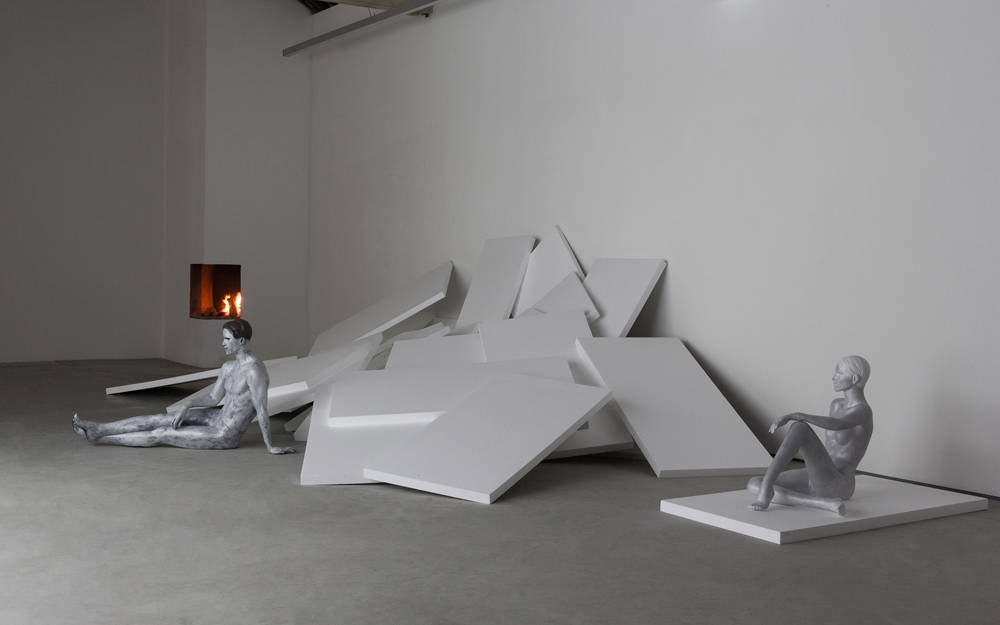
Strongly inspired by literature, Lili Reynaud Dewar quotes as well in his works Marguerite Duras as Jean Genet and Guillaume Dustan. When their quotes do not directly line the fabrics and objects that make up its décor even resonate in the space, read by various performers, are the texts of the artist herself: in 2015 at the Venice Biennale, she punctuated with her words and phrases in English a set of colorful curtains where words, objects and colors agree to compose what she describes as an “opera”. Taking advantage of the traditional exhibition of the finalists for the Marcel Duchamp Prize, the artist is unveiling until January 2 at the Centre Pompidou Rome, November 1 and 2, 1975, a film that she began directing two years ago at the Villa Medici in Rome, when she was living there, then in Japan. Four screens face each other and simultaneously broadcast the choral account of Pier Paolo Pasolini’s last day before his assassination, in which the role of the Italian filmmaker and writer is played in turn by some twenty friends of Lili Reynaud Dewar. Long-distance interviews between the artist and the participants of the work are transcribed in booklets placed on the floor at the disposal of the visitor, in which each one looks back on his life, his artistic journey, his intimate thoughts or his sexual experiences.
Today, Lili Reynaud Dewar is also known for her commitment and her public positions. Beyond her work, imbued with her own reflections on the social and racial issues that she embodies through the body and language, the artist says she wants to “fight against capitalism and all the forms of domination it embodies” and campaigns for better equality in the art world. This is evidenced by his participation in the Wages For Wages Against collective launched in Switzerland in 2017, which advocates for better remuneration for artists and the improvement of their working conditions. At the moment, the forty-year-old French continues to work on her long-term project Gruppo Petrolio, a multi-part film featuring individuals mobilized against the destruction of our planet by capitalism and of which she has already unveiled the first episodes. A large-scale project that this new award, endowed with 75,000 euros, will undoubtedly make it possible to support until its completion.
Lili Reynaud Dewar’s installation can be discovered in the exhibition of the four finalists of the Marcel Duchamp Prize 2021, until January 2, 2022 at the Centre Pompidou, Paris 4th.






